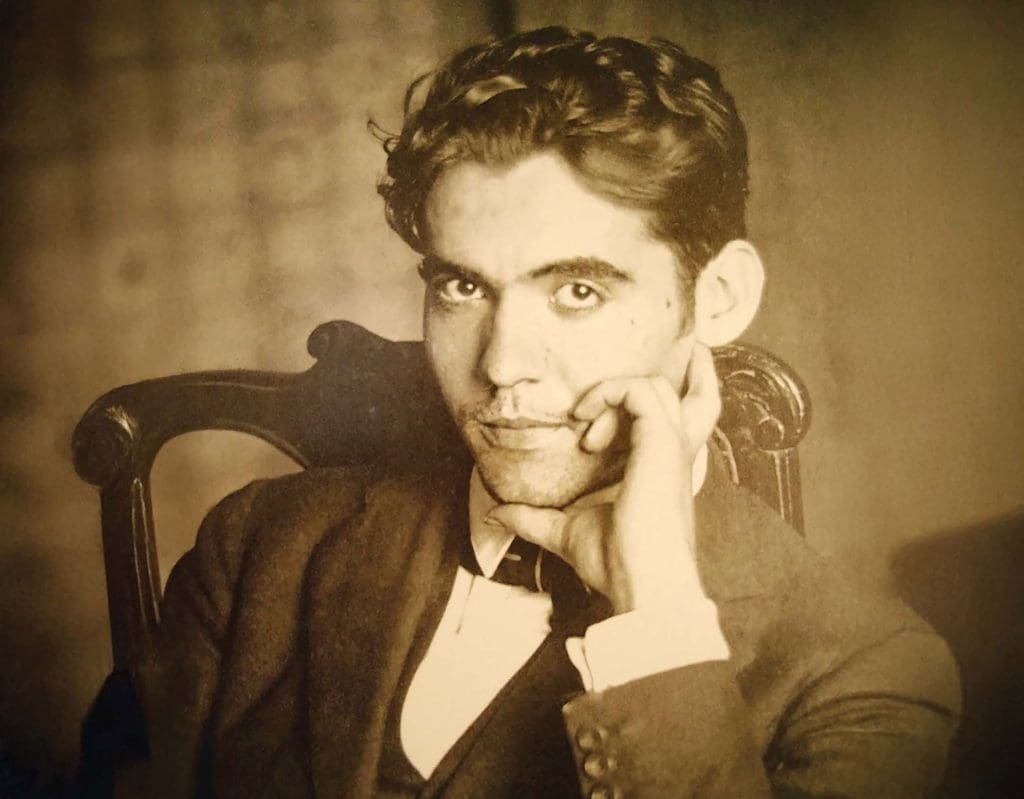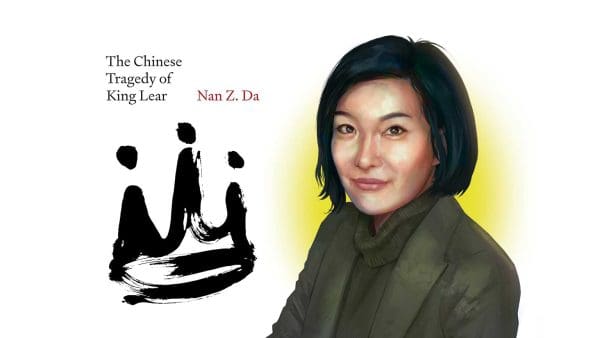
For as long as he can remember, Spain has fascinated Bécquer Seguín. His parents met there, during a visit by his American father. Seguín’s Spanish mother later gave birth to him in Alaska, where his parents taught elementary school and the family lived most of the year. Yet as soon as summer rolled back around, the Seguíns reliably returned to the warm embrace of Spain. “I kind of grew up in both places,” Seguín says.
After a career that initially trended toward science, then Latin American literature and culture, Seguín likewise returned to Spain as his primary academic focus. Now an associate professor of Iberian Studies in the Department of Modern Languages and Literatures, Seguín recently received a Johns Hopkins Catalyst Award to support a new research project that will culminate in his second book. The subject matter: Federico García Lorca, a poet and playwright who had a profound influence on modern Spanish culture and art movements abroad. “Lorca is perhaps the most famous literary figure of contemporary Spain,” says Seguín.
Lorca from a new lens
Born to a rich family in 1898, Lorca had to navigate society as a gay man in a time when homosexuality was severely stigmatized. Through his prolific works, he enhanced international appreciation for flamenco dancing and bullfighting, while also inspiring American Beat writers with his surrealist and countercultural themes. Under mysterious circumstances, Lorca was assassinated
at the outset of the Spanish Civil War in 1936, likely by fascists, for his socialist views or sexual orientation.
As would be expected, given such a gripping life story, many scholars have expounded on Lorca. But what has received little scholarly attention— and what Seguín will deeply explore in his new book—is Lorca’s emergence in ensuing decades as a global anti-colonial figure. Far-flung regions where writers took up Lorca’s mantle include North Africa, the Middle East, Southeast Asia, and the Caribbean.
“How does this wealthy, white, bourgeois, socialist gay man from southern Spain turn into a kind of paragon of political radicalism across the world?” asks Seguín. “That’s a puzzle I’d like to try to solve.”
In Many Tongues
To assist in researching Lorca’s polyglottic sway, the Catalyst Award funds will allow Seguín to hire students fluent in many countries’ languages. By delving accordingly into the global literature, Seguín will seek a general sense of how such an array of authors encountered the famous Spaniard, why they sought to imitate his work or pay homage, and what they found of value in the icon of Lorca.
“I want to show how important he was to these writers in very different contexts who were fighting wars of anti-colonial struggle against very different empires,” says Seguín.
The new project fits into Seguín’s broader oeuvre, which includes his first book, The Op-Ed Novel: A Literary History of Post-Franco Spain, published last year and chronicling the unusual intersection of novel-writing and opinion journalism in modern Spain. Seguín has also contributed to publications such as The Nation, Slate, and Dissent magazine. Like Lorca, Seguín clearly has a passion for writing; in the courses he teaches, in subjects ranging from comparative literature to political theory, Seguín emphasizes the fun inherent in the creative process.
“One of my goals,” says Seguín, “is to teach my students that writing can be entertaining without losing its academic rigor.”




